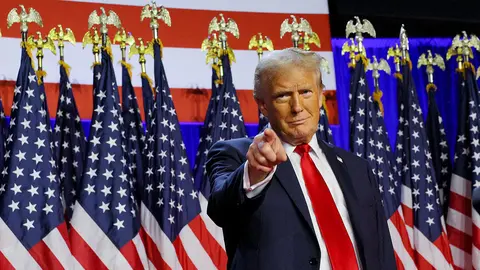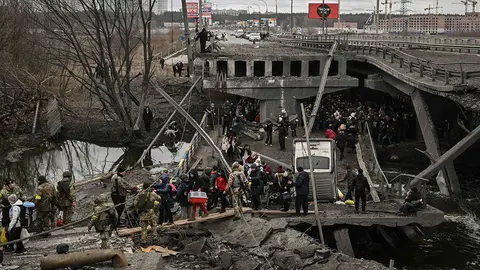Donald Trump creates uncertainty in Ukraine
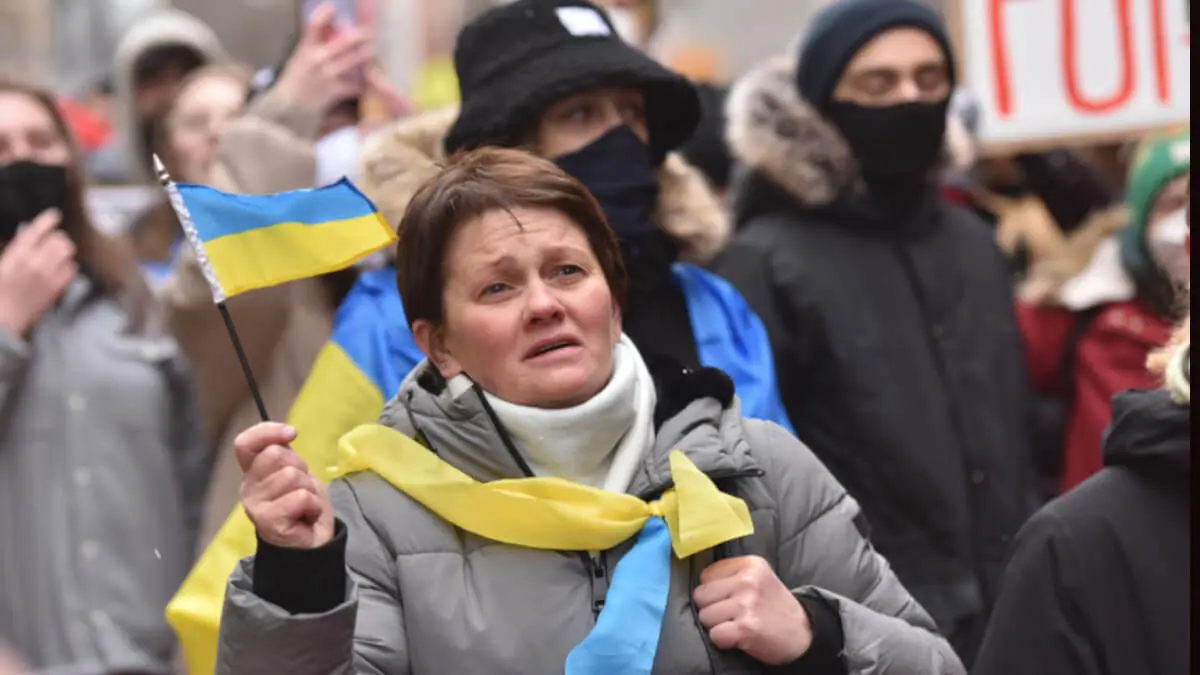
On the programme ‘De cara al mundo’ on Onda Madrid, reporter and journalist María Senovilla, a contributor to Atalayar, analysed how Trump's victory will affect the war in Ukraine. In addition, she considered the continuous bombings against civilian targets.
What is the atmosphere in Kiev after the announcement of Donald Trump's victory?
As it was announced that the Republican candidate would return to the White House, uncertainty settled in every Ukrainian household. Kiev dawned quieter. The countenance of the people going to work, passing by on the streets, was more serious. There was a kind of pessimism that enveloped everything. I was collecting testimonies on the street and the bewilderment was palpable.
It was surprising how informed Ukrainians were, not only about the election result, but also about the workings of the US political system, about the composition of the chambers. And many of them clung to the hope that not all Republicans would turn their backs on Ukraine and that military aid would not be stopped.
Most, however, agreed that Ukraine and the Ukrainian war will enter a new phase from now on. Oleksiy, a computer scientist from Kiev, who has not moved from the capital during the entire war, said. ‘When I heard about Trump's victory, I thought that we are in a new phase, a phase of instability, which can be very good or it can be very bad. That was my first thought,’ Oleksiy said.
Others said they had felt disappointment, sadness, that they had thought of the thousands of people who had died and, above all, of those who were still alive on the front lines, in the trenches, depending on the military aid sent by the United States. The truth is that Ukrainians have had these elections on their minds for many months. They have followed every step of the election campaign and every poll, so they were aware that the balance was tipping more to the Republican side in the last few days. So we can't talk about surprise, but we can say that Trump's victory was a bit of a shock, however predictable it was.
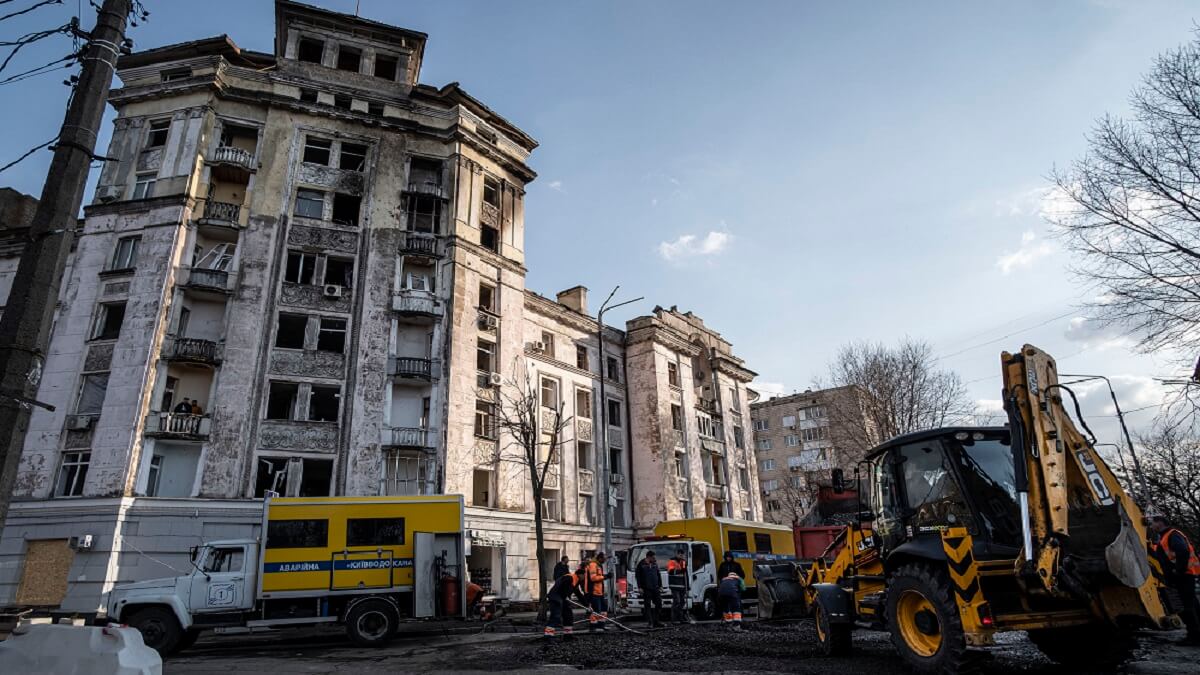
And the Ukrainians you spoke to, Maria, what do they think? What do they think is going to happen from now on with Trump in the White House?
Oleksiy also talked about what they expect from this new stage and the conclusion is that there is no middle ground. We listened to his statements. Oleksiy says: ‘I'm simplifying a lot, but I think there could be two diametrically opposed scenarios. We can win in a month or we can all die here’. People also quoted Trump's words, that promise or threat, because Ukrainians are not sure how to interpret it, that he will end the war in 24 hours.
And in that regard, they told me that if ending the war means capitulating and giving all the occupied territories to Russia, that's not going to bring peace to the country. Some pointed out that they could not accept that those tens of thousands of dead had died for nothing. Others went a step further and claimed that an internal civil war would break out if that happened.
Another person I interviewed, who was a veteran soldier - he had been wounded on the Bajmut front and was now recovering - reminded me that there were several hundred thousand trained and armed Ukrainian soldiers who did not agree to give away 18% of Ukraine to Russia and that they could take up arms if they make capitulations on those terms.
There is a lot of uncertainty and sadness at the thought that all they have endured and suffered might have been for nothing, but they also maintain that fighting spirit of not wanting to give their country to Russia, no matter how much the US says so. And one last point, because many of those interviewed also agreed that they were, unsurprisingly, distrustful of Russia and Putin, and that freezing the conflict now without guaranteeing Ukraine's long-term security could lead to a new and even bloodier invasion, as happened, for example, in Chechnya. What they want is NATO membership as a guarantee that a majority might accept capitulations that are not entirely favourable to Kiev.
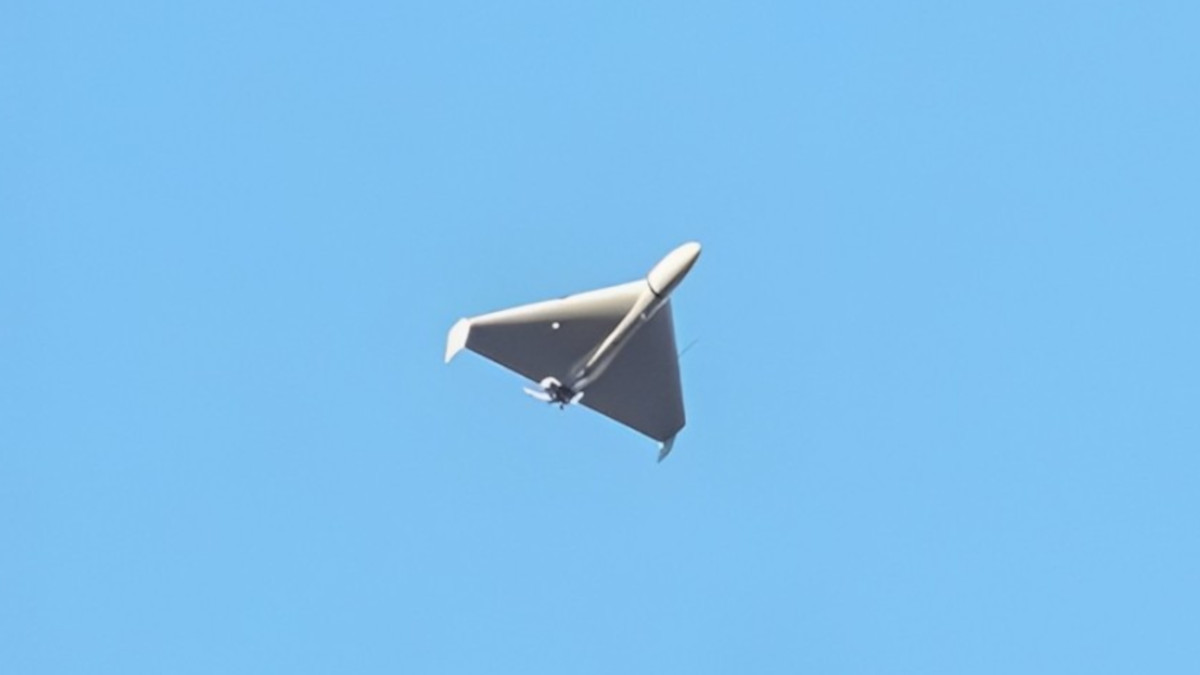
Maria, meanwhile, the bombardment of cities and civilian targets in Ukraine has continued, the Russians have given no respite.
This week they have been particularly intense. Over the weekend, we had a 24-hour continuous attack here in Kiev, with these Iranian Shahed drones, which are armed with up to 50 kilos of explosives, which is not the drone we all have in our heads that fits in the palm of our hands. They are small planes that when they hit a building they kill the people inside, and they do it at night when they are sleeping, they don't stand a chance.
Putin wanted to celebrate Trump's victory with a new attack, the most intense in recent months. He launched more than 100 of these suicide drones against Kiev. Most were stopped, but some were not. And in the early hours of last night he has once again repeated this attack, which, in addition to drones, has included ballistic missiles. There have been deaths in Odessa, in Zaporilla, in Kharkov and here, in Kiev, there have only been injuries, but also damaged infrastructures.
It seems that the pace of attacks is intensifying with each passing week, not only on the front lines, which is to be expected, but also in the cities, against those civilian targets, against residential buildings, against hospitals, against schools, against office buildings, where people are trying to keep the economy afloat.
Just a note, they have done the maths and just talking about Shahed drones, Russia launches a suicide drone against Ukraine every 25 minutes, continuously, day and night. Add to that the glider bombs that are wreaking havoc, add the ballistic missiles like the ones launched yesterday, and add, of course, all the artillery, which is not only falling on the front line, but also on the cities in the rear, where civilians live as well.


